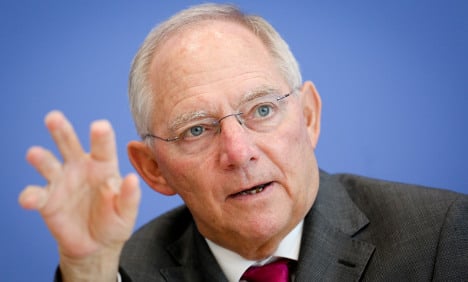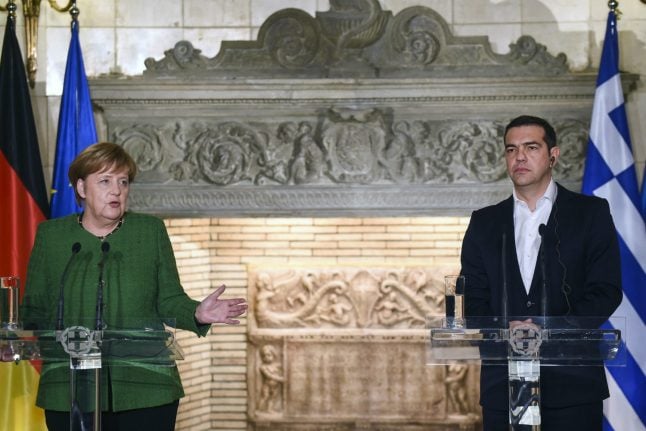In a bid to defuse comments he made last week about Greece needing more help, Wolfgang Schäuble said in an interview with CNN International “that everybody has to do their duty and not to ask for more money (from the) others”.
“That’s the wrong way to get a strong Europe, that’s the wrong incentive,” he said during the interview, excerpts of which were released by the TV news channel on its website.
Chancellor Angela Merkel has moved to defuse a debate in recent days on aid for Greece, a month before general elections, amid dwindling taxpayer appetite to fund more European bailouts.
The issue flared up last week when Schäuble admitted during an election event that Greece would need another rescue from 2014, comments seen as marking a shift in Berlin’s position.
The International Monetary Fund (IMF), one of Greece’s creditors, last month estimated Greece would need around €11 billion euros of help in 2014 and 2015.
Schäuble told newspaper the Rheinische Post on Tuesday that this figure seemed “not unrealistic”.
He told CNN that if Merkel won a third term in power after the September 22nd vote he was “confident that we will continue to work for a stronger Europe.”
“We don’t want a German Europe but we want a strong Europe. That means every member state, including Germany, has to increase its competitiveness.”
READ MORE: Why we must give Greece more help
AFP/tsb



 Please whitelist us to continue reading.
Please whitelist us to continue reading.
Member comments